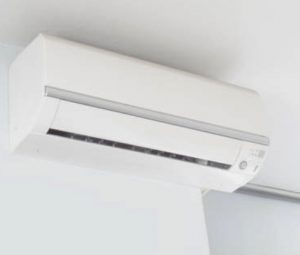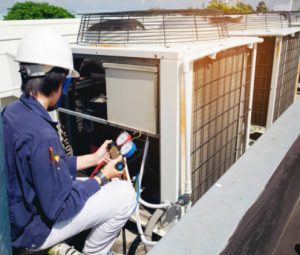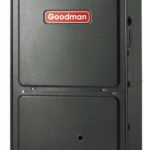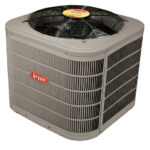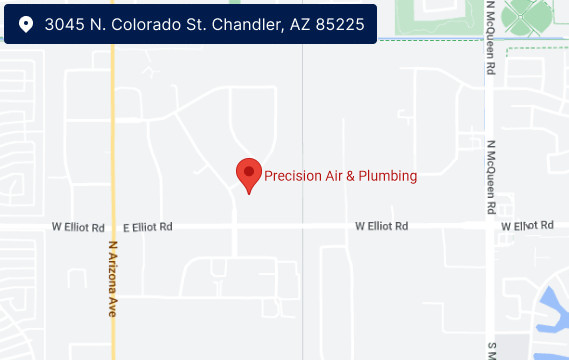Air Conditioning Myths You Should Ignore
Here’s a bit of air conditioning trivia: Willis Carrier invented the first modern air conditioning system in 1902. Considering that air conditioning has been around for more than a century, one would expect that the general public would already know what they need to know about it by now.
Surprisingly, many people who have been using AC units in their homes for decades still fall for the myths about air conditioning that still abound to this day.
In this day and age, we have the Internet to provide us with air conditioning facts and information we need. By typing in a few keywords into a search engine bar, we get much-needed tips about saving on heating and cooling costs, what that strange sound coming out of our AC unit means, or how often should we bring the pros in for a tune-up. Whatever air conditioning information facts we want to verify, all we have to do is let our fingertips do the walking, and the Internet will take care of the rest.
Unfortunately, the Internet is also home to countless air conditioning myths that people still believe. If anything, these following myths about the technology that keeps us comfortable should be ignored:
Bigger AC units are always better
Bigger is better may be true in other aspects of life, but not with air conditioners. An AC unit whose capacity is much too big for the space that it’s supposed to cool will force its compressor to turn itself on and off in quick intervals, which wears it out, shortens its life, and uses a lot of electricity.
AC units that are too small, on the other hand, will tend to work too hard to keep a room cool, which will also wear it out more quickly, shorten its life, and use too much electricity.
Finding a unit that is the right size is essential. Seek the advice of HVAC professionals when determining which AC unit size is perfect for your home.
Air conditioning can give you the sniffles
For the longest time, people have believed that being in a cold environment can give you a cold, which means an air conditioner could be the culprit when you get the sniffles.
A cold is caused by a virus, not by temperature. As long as the cold virus is going around, you’re likely to catch it, and it wouldn’t matter whether you’re in a room with the AC going full blast or in the middle of the desert.
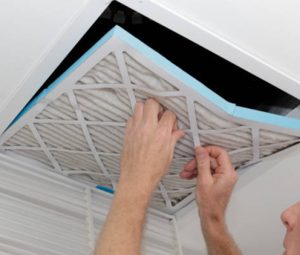
If you have to wait a year before changing your air filters, then don’t be surprised by utility bills that seem to rise with each passing month. Air filters accumulate all the dust, mold, and other dirty particles in your air pretty quickly. The result is poor airflow, which, in turn, forces your AC unit to work harder just to do its job. That translates to heavier electricity use and higher utility bills.
If possible, clean or replace your air filters every two months. Some even suggest doing it on a monthly basis. With consistently clean air filters, you’ll have nothing but smooth airflow and quality cooling all the time.
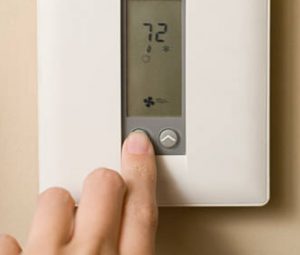
This is one air conditioning myth that all of us probably believed at one point or another. How many times in your life have you set the thermostat to the lowest temperature to make your AC unit cool the room more quickly?
The truth is, you can’t accelerate cooling beyond the capacity of your air conditioner. Turning your thermostat down by 20 degrees won’t cool your home any faster than if you set it a degree or two lower. Cooling will always be a matter of time. Even if you set the thermostat at the lowest possible setting, your AC unit will just continue to run at the same pace until the temperature indoors matches the setting on your thermostat.
So, just set your thermostat to the temperature you consider ideal, and not any lower.
Then just wait for the air to reach that temperature.
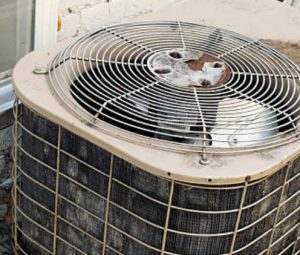
Some people stay loyal to their old AC unit and continue to use it until it dies.
Loyalty is a virtue, but not in this case. Waiting for an AC unit to die on you before replacing it with a new one is rather foolish.
In fairness, it’s easy to make this mistake, especially if your 10 to 12-year-old AC unit still gives you the kind of cooling you need. You have to realize, however, that old units are not the most efficient ones around. It may still be keeping you and your family cool, but take a look at your utility bills, and you will see that its service comes at a much higher cost.
Don’t keep your old AC longer than you should. While buying a new AC unit can cost you some money in the beginning, its much higher efficiency will save you more money than holding on to and operating an old one.
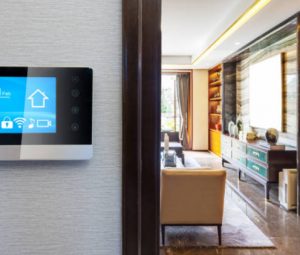
The placement of your thermostat is crucial to your AC system’s performance and efficiency.
Since it reads the temperature near it to decide whether it needs to activate the air conditioner, a thermostat that is exposed to direct sunlight or placed near heat-generating appliances will be fooled into thinking that your home is getting warm, and therefore, tell your AC unit to run longer. If it’s near air vents, a thermostat will read the room as cool enough, and stop the AC from doing its job even when the place is so much warmer than it thinks.
A thermostat should always be placed away from heat or cooling sources, and in a central location where it can get an average reading of the temperature levels in your home.
AC units don’t need regular service
Your air conditioner is a machine, and all machines need routine maintenance and tune-ups to keep it performing well. Forgo regular service, and you can expect your AC unit to break down more frequently than it should.
Instead of believing these myths, let your AC operation be guided by air conditioning facts, which will help you save money on utility bills and prolong the life of your AC unit.
